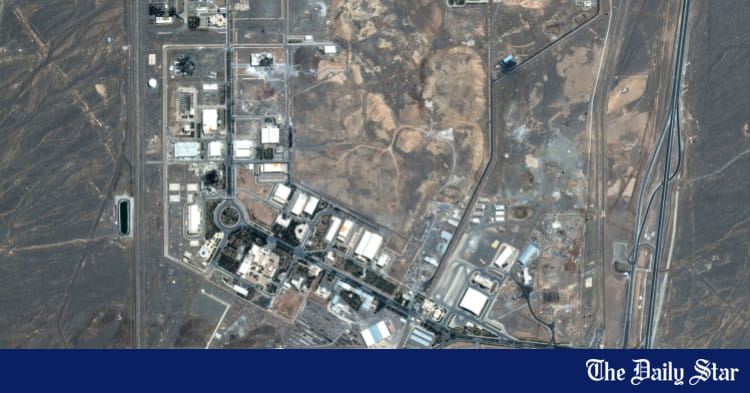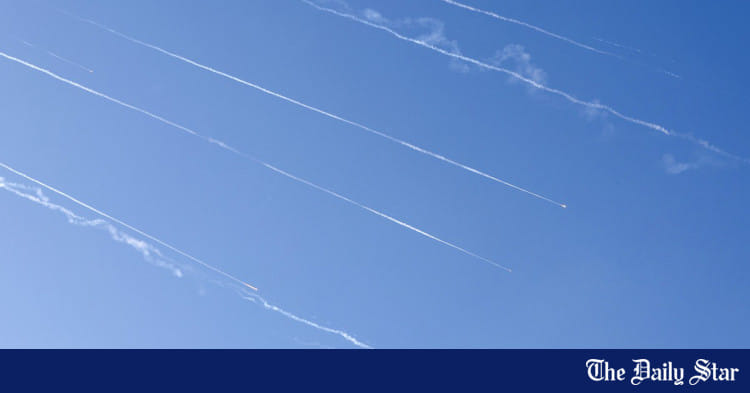Saif
Senior Operative
- 13,374
- 7,287
- Origin

- Axis Group


Israel stands down alert after Iran missile launch
Israel's military stood down an alert of incoming Iranian missile fire on Thursday, telling citizens they could now leave their shelters.
Israel stands down alert after Iran missile launch
AFP
Published: 19 Jun 2025, 21: 55

People sit in a shelter after air raid sirens sounded warning of a fresh barrage of Iranian rockets in the Israeli city of Haifa on 19 June, 2025 AFP
Israel's military stood down an alert of incoming Iranian missile fire on Thursday, telling citizens they could now leave their shelters.
Air raid sirens had sounded across large parts of northern Israel after the latest launch on Thursday afternoon, the army's Home Front Command said.
But around 20 minutes later, the army released a statement saying people were permitted to leave their shelters.
Israel launched a massive bombing campaign on Iran last week that prompted Tehran to strike back with salvo after salvo of missiles and drones.
A hospital in the southern Israeli city of Beersheba was hit in a Thursday morning strike, injuring 40 people, its director said.
AFP
Published: 19 Jun 2025, 21: 55
People sit in a shelter after air raid sirens sounded warning of a fresh barrage of Iranian rockets in the Israeli city of Haifa on 19 June, 2025 AFP
Israel's military stood down an alert of incoming Iranian missile fire on Thursday, telling citizens they could now leave their shelters.
Air raid sirens had sounded across large parts of northern Israel after the latest launch on Thursday afternoon, the army's Home Front Command said.
But around 20 minutes later, the army released a statement saying people were permitted to leave their shelters.
Israel launched a massive bombing campaign on Iran last week that prompted Tehran to strike back with salvo after salvo of missiles and drones.
A hospital in the southern Israeli city of Beersheba was hit in a Thursday morning strike, injuring 40 people, its director said.

 World Affairs
World Affairs








